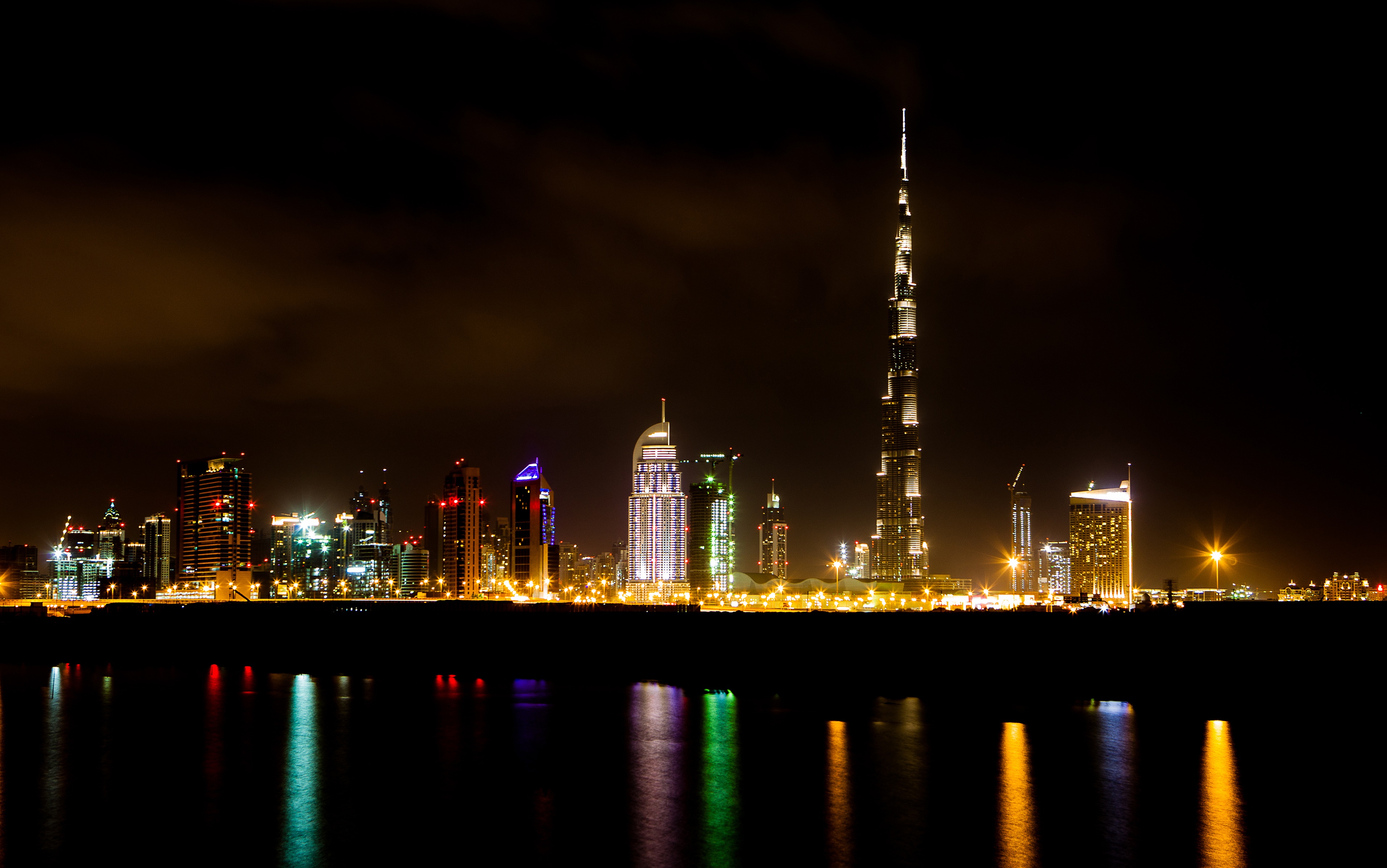
HE Saeed Mohammed Al Tayer, Vice Chairman of the Dubai Supreme Council of Energy, described the initiative as vital to enforcing business protocols in line with UAE standards. Compliance, he affirmed, remains a top priority to safeguard both consumers and honest traders. He underscored the campaigns as embodying a commitment to creating a fair and sustainable trading environment.
The inspections are coordinated with multiple agencies—the Ministry of Industry and Advanced Technology, Roads and Transport Authority, Dubai Municipality, Dubai Civil Defence, Department of Economy and Tourism, Ministry of Human Resources and Emiratisation, and Emirates National Oil Company—to ensure a comprehensive oversight mechanism.
According to HE Ahmad Buti Al Muhairbi, Secretary-General of the Council and Chair of the Dubai Regulatory Committee for Petroleum Products, the campaigns target a range of illegal and unsafe practices. These include the sale of diesel that fails to meet specifications; trading, storage or distribution in unauthorised locations; environmental harm through leakage contaminating soil or groundwater; unapproved storage methods; and the use of uncertified transport vehicles.
The Committee, led by Burhan Al Hashemi as Vice Chairman, reaffirmed that upholding security and safety standards across the diesel value chain remains paramount. The Council voiced appreciation for the close cooperation of all participating government institutions, whose efforts contribute to protecting the public, businesses, and the environment by enforcing sound trading and distribution practices.
This operation follows a broader regulatory trajectory. Earlier, the Council had presented Executive Council Resolution No of 2019, which established the Dubai Petroleum Products Regulatory Committee. The resolution supports improved governance in petroleum derivatives, strengthens safety practices and encourages distributor compliance. At its 85th meeting in November, the Council reviewed implementation of these frameworks and emphasised integration with district cooling services, as part of Dubai’s broader energy transformation strategy towards carbon neutrality by 2050.
The focused enforcement in the diesel sector is also consistent with prior inspection efforts in the liquefied petroleum gas sector—another segment scrutinised for compliance with safety and security benchmarks.
Taken together, these measures reflect an evolving regulatory environment in Dubai, one that aligns harmonisation of energy sector practices with environmental protection and public safety. Through coordination across government entities and execution of targeted field inspections, the Dubai Supreme Council of Energy seeks to underpin a robust, sustainable framework for petroleum product management across the emirate.
Topics
UAE
